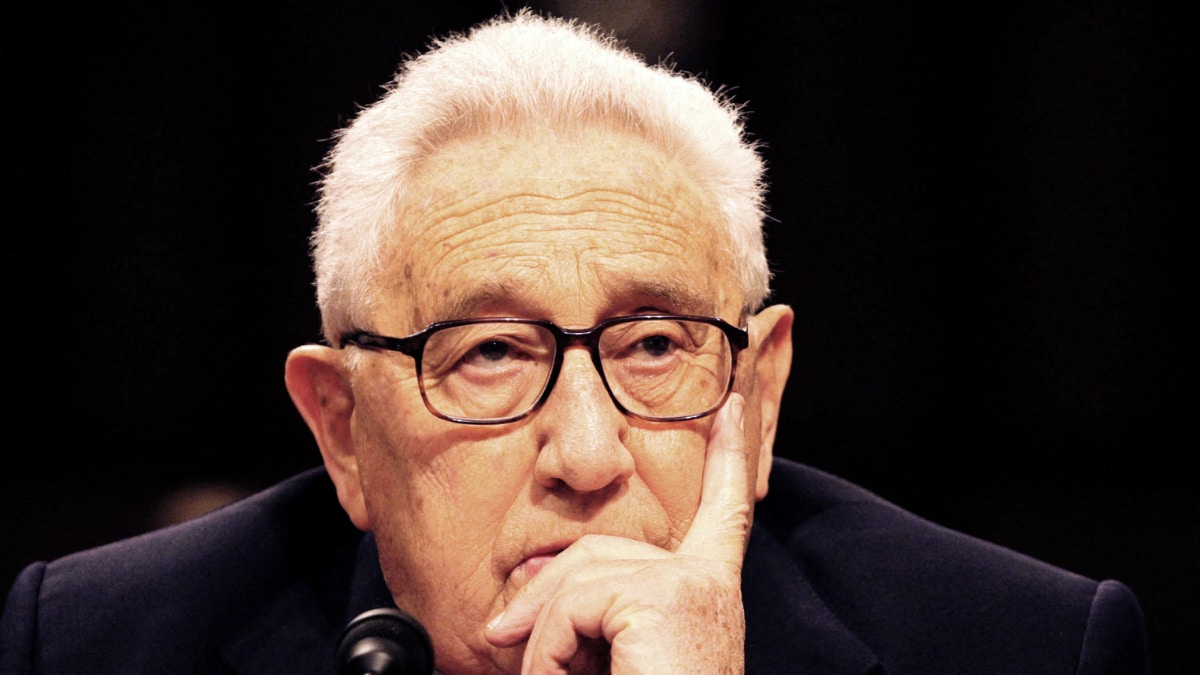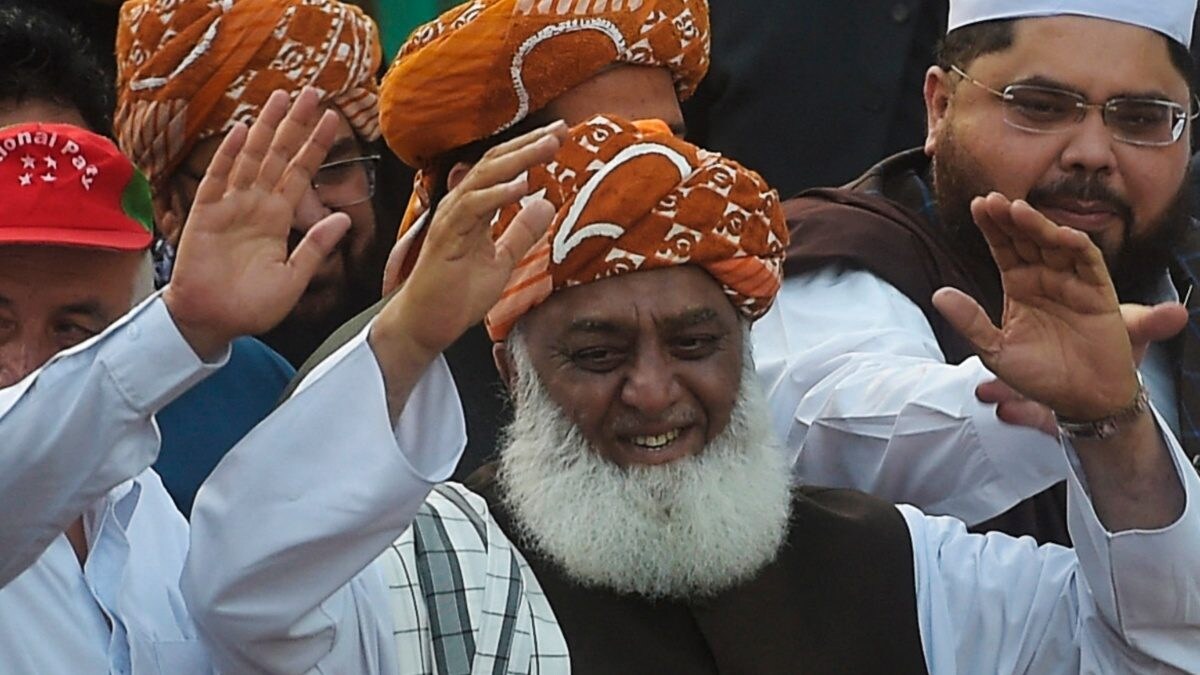[ad_1]
Last Updated: November 30, 2023, 09:20 IST
Washington D.C., United States of America (USA)

Former Secretary of State Henry Kissinger testifies before the US Senate Foreign Relations Committee 31 January, 2007. (AFP Photo)
Kissinger role in major geopolitical events has been under scrutiny including, the expansion of the Vietnam War, support to Chile’s 1973 military coup
Former US Secretary of State Henry Kissinger died Wednesday at his Connecticut home at the age of 100. The name Kissinger is often paired with “realpolitik” but for many, he was seen as an unindicted war criminal.
His role in major geopolitical events has been under scrutiny including, the expansion of the Vietnam War, support to Chile’s 1973 military coup, green-lighting Indonesia’s bloody invasion of East Timor in 1975, and turning a blind eye to Pakistan’s mass atrocities during Bangladesh’s 1971 war of independence.
‘War Criminal Beloved by America’s Ruling Class’
Some US publications were scathing in their obituary for Kissinger, often regarded as the greatest American diplomat. In its headline, Rolling Stone described him as a “War Criminal Beloved by America’s Ruling Class”. It also drew parallels between Kissinger and white supremacist terrorist Timothy McVeigh, who is dubbed as and worst mass murderer ever executed by the United States.
The HuffPost called him “America’s Most Notorious War Criminal.” “Even the most generous calculations suggest that the murderous regimes Kissinger supported and the conflicts they waged were responsible for millions of deaths and millions of other human rights abuses, during and after the eight years he served in the American government,” the publication said.
No doubt, Kissinger has left an indelible mark on history, but his legacy is tarnished by persistent allegations of war crimes and questionable “realpolitik” decisions. As the national security advisor and later Secretary of State under Presidents Richard Nixon and Gerald Ford, Kissinger played a central role in shaping America’s global stance during a tumultuous era, particularly the Vietnam War and its aftermath.
Vietnam
One of the most damning accusations against Kissinger is his role in expanding the Vietnam War into Cambodia and Laos. In an effort to disrupt North Vietnamese supply routes, Kissinger, along with President Nixon, authorised secret bombing campaigns in these neighboring countries. The bombings resulted in the deaths of thousands of civilians and exacerbated political instability, contributing to the rise of the genocidal Khmer Rouge regime in Cambodia.
Chile
Kissinger’s involvement in Chile further fueled allegations of his complicity in war crimes. In 1973, Chilean President Salvador Allende, a democratically elected Marxist leader, was overthrown in a coup led by General Augusto Pinochet. Declassified documents revealed that Kissinger, as the U.S. Secretary of State, actively supported efforts to destabilize Allende’s government, including backing anti-Allende military officers. The subsequent Pinochet regime was marked by egregious human rights abuses, with thousands tortured, killed, or disappeared.
Indonesia
Indonesia’s invasion of East Timor in 1975 is another dark chapter associated with Kissinger’s tenure. Despite being aware of Indonesia’s intentions, Kissinger and President Ford provided military aid to the Indonesian government led by President Suharto. The invasion resulted in widespread atrocities, and estimates suggest that over 100,000 East Timorese lost their lives during the occupation. Critics argue that Kissinger’s support for Suharto amounted to complicity in war crimes.
The Trial of Henry Kissinger
The realpolitik approach championed by Kissinger, focusing on pragmatic considerations of power rather than moral principles, has been subject to criticism. In 2001, journalist Christopher Hitchens published “The Trial of Henry Kissinger,” a scathing critique that argued for Kissinger’s prosecution for war crimes and crimes against humanity. Hitchens presented a compelling case, citing a range of actions that violated international law and ethical norms.
(With agency inputs)
[ad_2]
Source link





